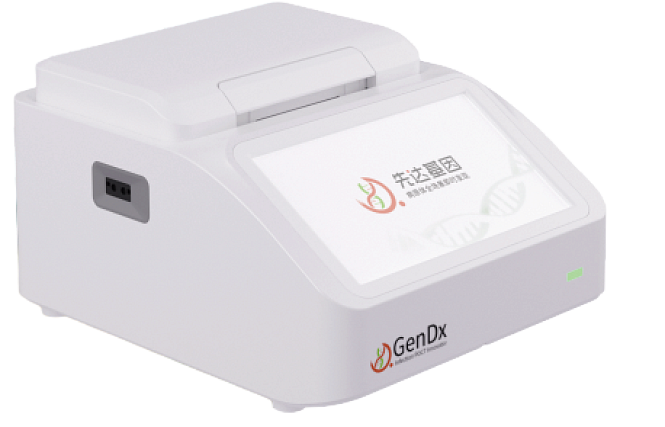GPC-30
The GEN EYE® GCP-30 from GenDx is a rapid ultra-multiplex molecular POCT platform capable of detecting 30 infectious disease targets within 20 minutes. With lyophilized reagents for room-temperature transport, minimal hands-on time, and a lightweight 4 kg design, it is ideal for emergency, clinical, and field-based diagnostics. Covering a wide panel of respiratory, STD, vector-borne, gastrointestinal, and blood-borne pathogens, the GCP-30 is a powerful, customizable solution for fast, accurate infection detection at the point of care.
For more info: Download Datasheet


